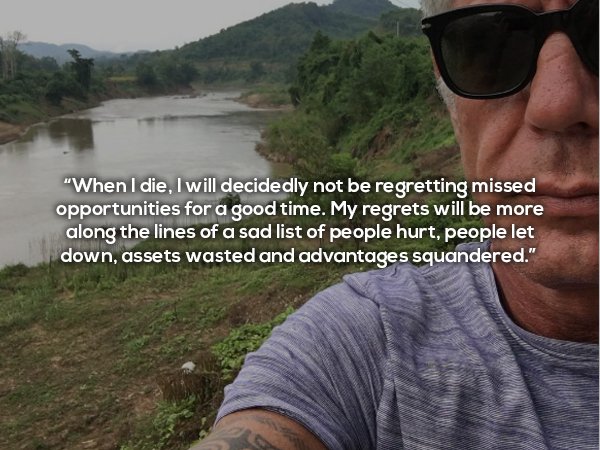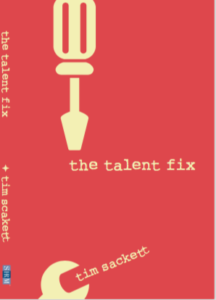In my opinion, there are few places that are worse than a public restroom. There have been very few times in my life where I’ve been happy to use a restroom in a public area. I strongly dislike any bathroom that is not a private restroom or one that is in my home.
I have 2 main reasons for my strong distaste for public bathrooms: cleanliness and privacy. I can thank my Mom for my concerns about germs, and 9 times out of 10 a public restroom will be dirtier than my nice and tidy bathroom at home. My main problem with using public bathrooms is privacy. Even if I just went in to fix my hair, I don’t want anyone looking and judging me for doing it!
Although I really would prefer if I could just use my bathroom at home 24/7, that is not realistic especially when I’m working every day. I’m going to at least have to pee a few times. So, if I have to use a different bathroom than my own, I want it to be as nice as possible.
The bathrooms at Quicken Loans(where I’m doing my summer internship! Hey, guys!) check almost all of my boxes. They are extremely cleanly and I see cleaning staff work on the bathrooms a few times a day. But, the best part is the almost completely private stalls that they have! The walls in between the stalls and the doors go all the way from the ceiling to the floor. It’s my dream honestly.
No one wants to poop at work, and if they have to, it might as well be in almost complete privacy.
In addition to the cleanliness and the private stalls, the restrooms on my floor have baskets of toiletries; toothbrushes, stain sticks, lotion, hairspray, basically anything you could need to make you comfortable and fix any problems you may have. It’s so comforting to know that if I ever spill something on my clothes or have bad breath, I have a quick fix just a few steps away.
If you want to make sure your employees are comfortable and doing their best work, the bathroom is a good place to put some luxury into. Most people don’t enjoy using the restroom but we all have to do it. So why not make it a more enjoyable experience for your employees!
This post was written by Cameron Sackett (not Tim) – you can probably tell because it lacks grammatical errors!
HR and TA Pros – have a question you would like to ask directly to a Gen Z? Ask us in the comments and I’ll respond in an upcoming blog post right here on the project. Have some feedback for me? Again, please share in the comments and/or connect with me on LinkedIn.




